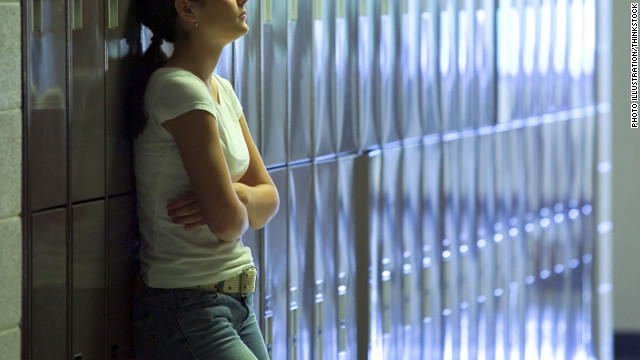A Class You Can Taco-bout
March 1, 2016
In a world of foodies, it’s no surprise that the new frontier of education involves food. The revolution of food based curriculums is picking up speed at universities across the nation. The University of Kentucky now offers its students a class known as “Taco Literacy: Public Advocacy and Mexican Food in the US South”. Its objective is to expose students to the history of Mexican foodways and culture in the US through eating and writing while earning a credit towards their degree.
“It’s nice to know that I could pay $400 to eat tacos and work towards my degree,” says sophomore Emma Stack. However, the University of Kentucky isn’t the only nor first college to offer food centered classes. New York University offers a “Food Photography” class for its Food Studies majors and Harvard University offers a physics class called “Science and Cooking”. Integrating food into the standard curriculum has been proven to engage and help students apply newly learned concepts to life. Researchers at FoodMASTER (Food, Math, and Science Teaching Enhancement Source) have developed a series of programs that utilize food as a means to teach math and science skills. The program ranges from third grade to higher education, showing that utilizing food at any education level can be beneficial to a wide variety of students. Their studies have shown that students participating in food focused science activities were more proficient in applying math skills to their life.
Here at Lake Mary, we need more opportunities to incorporate food into our day than only lunch and Food-Prep. So why don’t we have more food based classes? The downside of having a class that involves food is certainly the cost of the food. A food lab typically costs $1-3 per person. Preparation time is needed to shop for the food, prepare for the lab, and clean up afterwards,” says Food-Prep teacher Mrs. King. “Having a food-based curriculum might drive students to take the class for the wrong reasons and they may not be able to handle the workload.” Classes with food are always enjoyable, but don’t expect to have a full schedule any time soon.
We live in a world of standardized tests, causing students to dread their core subjects and education in general. Incorporating food into the standard curriculum however, could have more benefits than just getting students interested, such as improving real-life application. Students are motivated by food, so why aren’t we finding efficient ways to blend it in their day.








